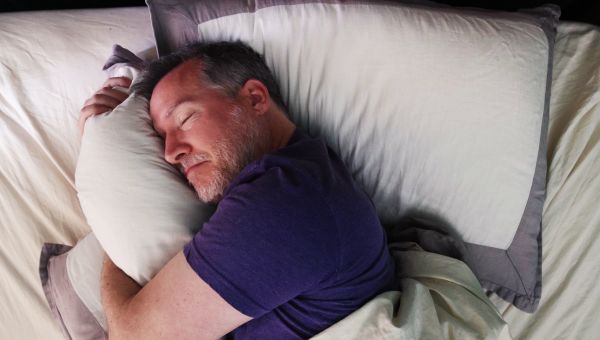3 habits of happy people
Learn how making a few simple moves in your daily life can improve your mood and help you feel better.
Updated on May 26, 2022

Searching for the key to happiness? Finding more joy in your life may not be as hard as you think. Not only does an upbeat mood raise your spirits, it can add real benefits to your physical health, too. Research shows that turning these three activities into regular habits can make a real difference in your happiness quotient.

Take Your Workout Outside
You may know that regular exercise can give your mood a lift, thanks to the release of calming endorphins. But did you know that exercising outdoors in natural settings (what researchers call “green exercise”) can also make you happy and healthy?
A 2021 analysis published in SSM Population Health found that outdoor exercise—like gardening, running, or walking in green spaces—boosted mood and helped to relieve anxiety and depression. Short on time? Just 20 minutes may be enough for you to start feeling the positives of “green exercise.”

Get Those ZZZs
Skimping on sleep does a lot more than sap your energy the next day. Research shows that not getting enough rest can hamper your mood and relationships. One 2021 study published in the journal Sleep found that chronic sleep loss was associated with lower feelings of happiness.
The study included 15 adults whose sleep was restricted to just five hours on weekdays over the course of six weeks. Even a weekday nap or 8 hours of catch-up sleep on weekends did not restore lower feelings of well-being or improve thinking problems related to loss of sleep. The solution: Take steps to ensure that you get the sleep you need and maintain those sleep habits to stay healthy and happy.

Lend a Helping Hand
While taking time for yourself is important for your emotional well-being, giving back to others may lead to a happier—and healthier—life. A large study published in the American Journal of Preventive Medicine in 2020 found that volunteering for about two hours per week was associated with better mood, improved optimism, and more feelings of having a purpose in life compared to not volunteering.
Perhaps even more impressive: Volunteering was also associated with a lower risk of death over the course of four years. The study included almost 13,000 U.S. adults who were over age 50.
Collaborate with neighbors on projects you can do in your community or search for volunteer opportunities in your region through VolunteerMatch or the United Way.

Coventry PA, Brown JE, Pervin J, Brabyn S, Pateman R, Breedvelt J, Gilbody S, Stancliffe R, McEachan R, White PL. Nature-based outdoor activities for mental and physical health: Systematic review and meta-analysis. SSM Popul Health. 2021 Oct 1;16:100934.
Smith MG, Wusk GC, Nasrini J, Baskin P, Dinges DF, Roma PG, Basner M. Effects of six weeks of chronic sleep restriction with weekend recovery on cognitive performance and wellbeing in high-performing adults. Sleep. 2021 Aug 13;44(8):zsab051.
Kim ES, Whillans AV, Lee MT, Chen Y, VanderWeele TJ. Volunteering and Subsequent Health and Well-Being in Older Adults: An Outcome-Wide Longitudinal Approach. Am J Prev Med. 2020 Aug;59(2):176-186.
More On


video

article


video


video


video
